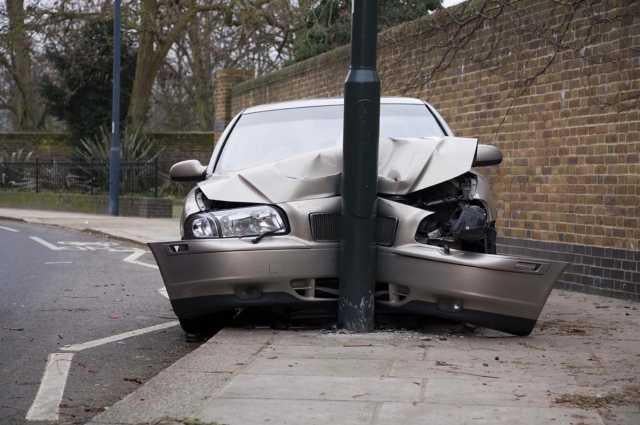Car insurance: Economists debunk industry claims whiplash crackdown will result in lower premiums
If the Government really wants to help motorists it should ask the competition watchdogs to take a fresh look at insurers

There are two explanations for the sharp rise in bills faced by motorists courtesy of their insurance companies.
If you believe the likes of me, it’s because they want to make more money (as much as £700m a year but see below) and their executives want bigger bonuses.
If you believe the insurers it’s down to a wave of dodgy whiplash claims that have made life impossible for their poor, cash strapped, industry, forcing them to pass on the cost.
In its infinite wisdom, the Government has bought into the latter, despite the fact that it is based more on hot air than on hard evidence.
Currently going through Parliament is a "reform" package courtesy of the Ministry of Justice that will severely limit the compensation available to victims of road accidents, and effectively deny them legal help to boot because claims will increasingly be pushed into the small claims court.
Capital Economics, a respected City firm, has now provided some much needed support to those of us attempting to debunk the industry’s claims, and it is based upon hard evidence
Capital says that it is commonly believed that motor accident rates have fallen as personal injury claims have risen. It’s view on that: “This is a false impression. The downward trend in motor accidents recorded by the police reflects the reduced likelihood of an incident being reported rather than of reduced incidents overall. A key contributing factor to this is the decline in the number of police traffic officers.”
So much for economists equivocating.
But there’s more. How about the issue of insurers blaming rising motor insurance premiums on personal injury claims?
“There are other explanations. With the insurance business model reliant on firms generating investment returns on their reserves and capital, low interest rates following the financial crisis have been partly responsible.
“It is a mistaken belief that ‘whiplash’ claims have been responsible for rising motor insurance premiums in the United kingdom in recent years.”
I see. And the claim that the savings produced by the MoJ's reforms will be passed on in the form of lower premiums?
“The reality is that the industry is less competitive than they (the Government) have assumed. Instead of resulting in meaningfully reduced premiums for motorists, the reforms are more likely to boost insurers’ profits by up to £0.7 billion per annum.”
That’s right: £0.7bn in the pockets not of motorists, but of insurers. Every year.
This will not come as any surprise to those who have followed this story. Ministers have taken at face value insurers’ honeyed words that the alleged savings from their crackdown will be passed on and as a result there will be no independent monitoring of whether that is actually happening and (crucially) no sanctions if it doesn't.
Now it should be pointed out (as the Association of British Insurers no doubt will) that the report was commissioned by Access to Justice which naturally has an interest in rebutting the industry’s case.
However, you also have to bear in mind that Capital Economics wouldn’t risk its good name by producing research of dubious quality, even if that research displeased the people commissioning it. It wouldn't be long for this earth if it did that.
As someone who has read a lot of these reports, and spent far too much time writing about the insurance industry, it looks to have hit the nail on the head. And I don’t have a horse in this race.
So how do we get premiums down?
Let's take a look at Capital's point about competition. Now, there might appear to be a small army of companies all battling for business. Certainly that is the impression you would receive if you made use of a price comparison website (as you should).
However, many of the quotes that appear will ultimately be underwritten by the same firm, and the underwriter is the ultimate arbiter of how much of a risk you represent and how much you will pay.
As the report points out, just nine leading underwriting groups represent fully 31 different brands in the United Kingdom. Call me cynical, but there's a good reason for that.
A far more effective means of ensuring that the cost of insuring a car gets cheaper is not to crackdown on perfectly legitimate compensation claims but to take action to improve competition in the marketplace. That's less likely to happen if you make it look like there are lots more insurance companies in the market than there actually are.
Competition watchdogs have already taken one look at motor insurers, and they were less than impressed with what they found. It’s time they took a second bite at the cherry.
Join our commenting forum
Join thought-provoking conversations, follow other Independent readers and see their replies
Comments
Bookmark popover
Removed from bookmarks